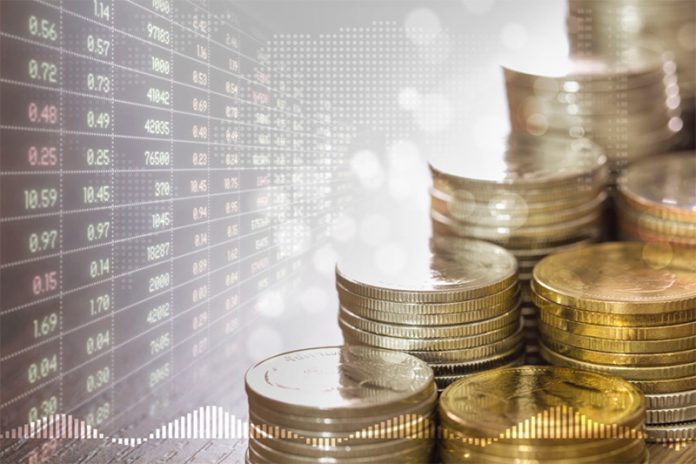When buying and selling shares, it’s important to know exactly where your money is going and what exactly you are investing in. However, to keep in line with the law, it’s just as important to ensure that you know where you stand with regard to taxation.
As with all profits you make within the UK, you will normally owe HM Revenue and Customs a cut of your income at a specific rate. Before you start investing in any kind of shares or stocks, it’s crucial that you have a clear tax plan in place.
There are already plenty of different points you need to consider when buying and selling shares. Which broker do you use, if at all? Is it worth reading up on an eToro review before you get started? We highly recommend AskTraders, linked here, if you have any general trading concerns.
When it comes to tax, however, it’s time to simplify matters right here, right now.
Tax when buying shares
Official advice from HMRC states that you will generally expect to pay a 0.5% tax fee on top of any transaction that takes place. If you use a clearance service or equivalent, this will increase to a rate of 1.5%.
It is also worth keeping stamp duty in mind. Electronic share purchasing carries an additional Stamp Duty Reserve Tax (SDRT) that applies on top. Stock transfer form purchases worth more than £1,000 will also require stamp duty payments.
There are some circumstances where you won’t need to pay tax on the shares you buy. For example, trading directly with the fund manager of an OEIC carries no taxation. If you buy unit trust shares, or receive shares as a gift (or otherwise don’t pay for them yourself), no tax applies. This relief also applies if you start a new share subscription.
Tax when selling shares
HMRC will also expect you to pay a specific tax amount when you come to sell on shares. This normally arrives in the form of Capital Gains Tax, and can be a little more complex than the standard rate applied when buying. In fact, HMRC advises using a Capital Gains calculator to ensure that you know what you owe to the government.
Generally, you can expect to pay tax when selling units via trust and when selling bonds (though some don’t apply). If your shares are outside of any kind of PEP scheme or an ISA, you will also have to pay these rates.
If you are selling premium bonds, certain corporate bonds or SIPs, you won’t need to worry about paying tax. Again, any shares sold via ISA won’t carry the above fees.
This advice is fairly simple despite the fact that tax, on the whole, can be somewhat complex. However, it’s within your best interests to make sure that you know what HMRC expects from you.
Buying and selling shares is still very lucrative, meaning that you shouldn’t let tax put you off getting involved. Do also make sure that you consult the services of a licensed accountant.
Disclaimer: This article contains sponsored marketing content. It is intended for promotional purposes and should not be considered as an endorsement or recommendation by our website. Readers are encouraged to conduct their own research and exercise their own judgment before making any decisions based on the information provided in this article.


























![“Does Everyone Hear Me OK?”: How to Lead Virtual Teams Effectively iStock-1438575049 (1) [Converted]](https://www.europeanbusinessreview.com/wp-content/uploads/2024/11/iStock-1438575049-1-Converted-100x70.jpg)




